First Fertility Appointment with OB/GYN
Starting Fertility Treatment: A Guide to Your First Specialist Visit
Embarking on your fertility journey can be both exciting and overwhelming. Your first fertility appointment with an OB/GYN is a crucial step in understanding your reproductive health and planning the best path forward. This guide will help you understand what to expect, how to prepare, and, furthermore, the essential questions to ask during your consultation.

How to Prepare for First Fertility Appointment
Preparation is key to making the most of your first fertility appointment. Here’s how you can get ready:
What to Expect at First Fertility Appointment
Your first consultation with a fertility specialist involves gathering comprehensive information about your reproductive health and setting the stage for your treatment plan. Here’s what typically happens:
Detailed Medical History
The appointment begins with an in-depth discussion about your medical and reproductive history. This includes details about your menstrual cycle, previous pregnancies, and any existing medical conditions like PCOS or endometriosis that could affect your fertility.
During the initial fertility consultation, the OB/GYN or fertility doctor will gather extensive information to assess your situation comprehensively. They may ask:
Medical and Reproductive History:
- How long have you been trying to conceive?
- Have you had any previous pregnancies or fertility treatments?
- Do you have any history of irregular menstrual cycles or conditions like PCOS, endometriosis, or fibroids?
- Have you or your partner had any sexually transmitted infections (STIs)?
Lifestyle and Health Habits:
- What is your diet and exercise routine like?
- Do you smoke, consume alcohol, or use any recreational drugs?
- What is your occupation, and does it involve any exposure to chemicals or radiation?
Sexual History:
- How often do you have intercourse, and are there any issues like pain during intercourse?
- Have you used any contraception methods in the past?
Family History:
- Are there any genetic conditions in your family or your partner’s family?
- Is there a family history of fertility issues or early menopause?
Initial Assessment
During this appointment, your OB/GYN may conduct several initial assessments. Specifically, these assessments might include:
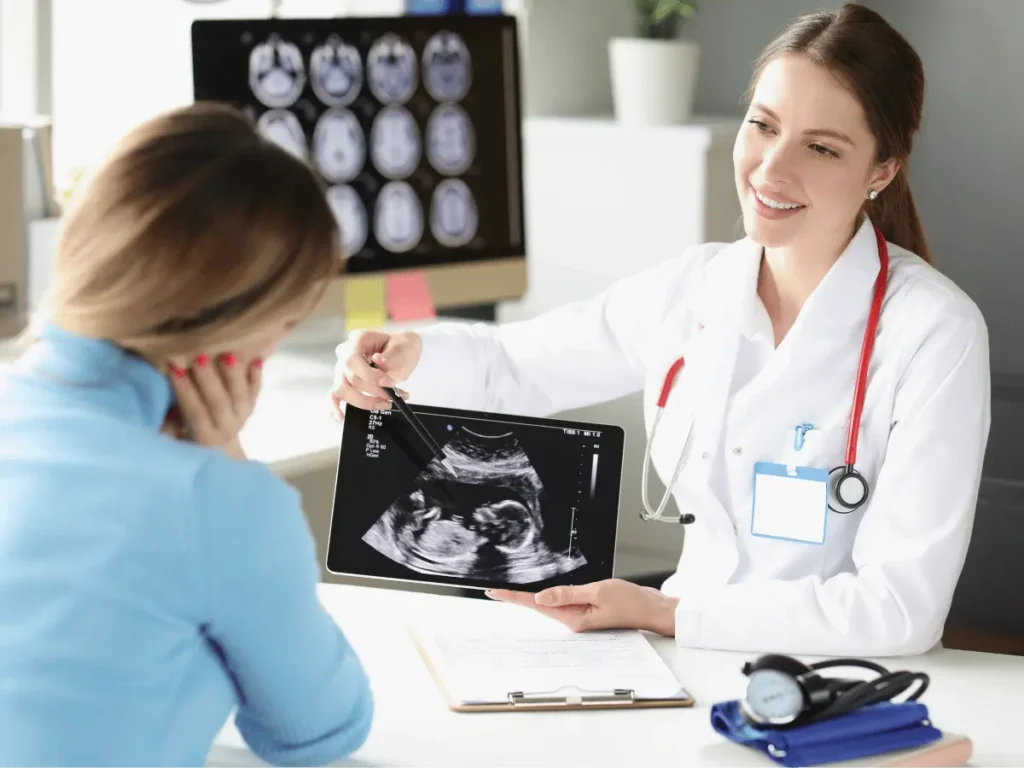
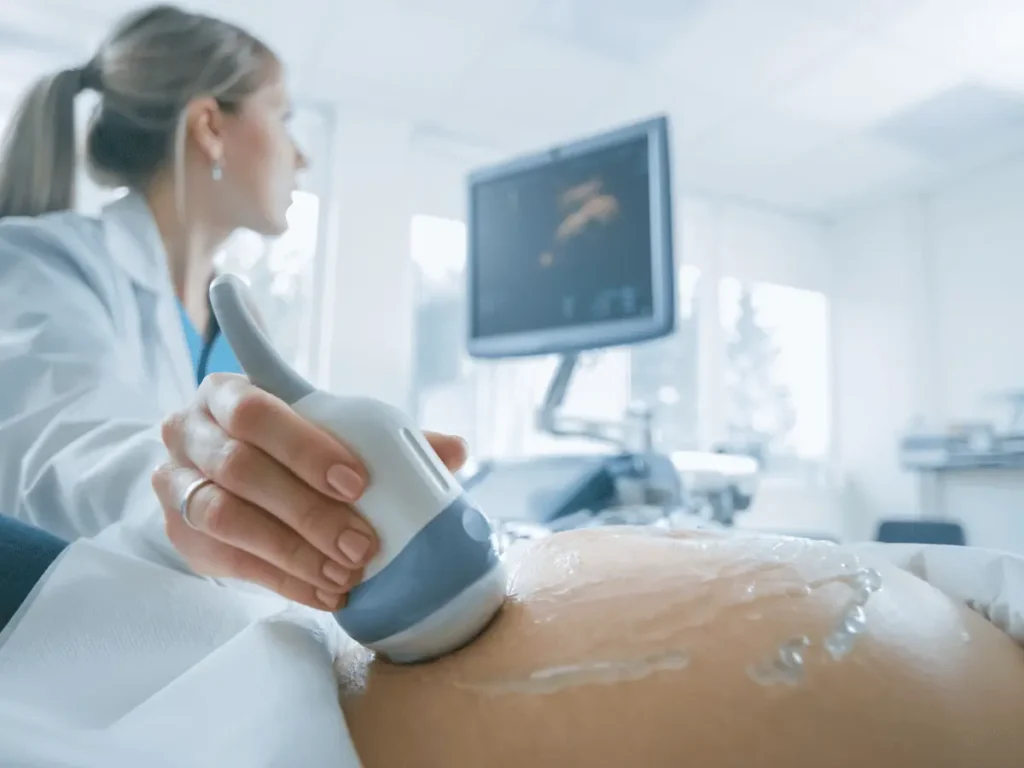
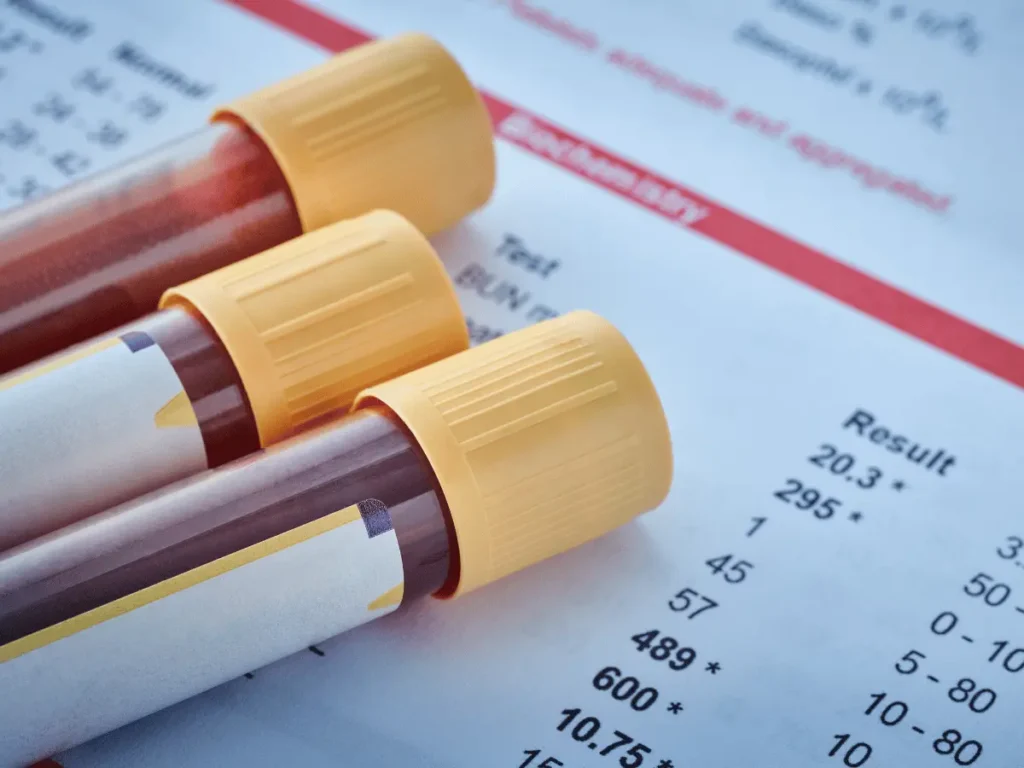
Diagnostic Testing and Treatment Planning
Based on the initial assessment, your OB/GYN may recommend further diagnostic tests. For instance, these could include
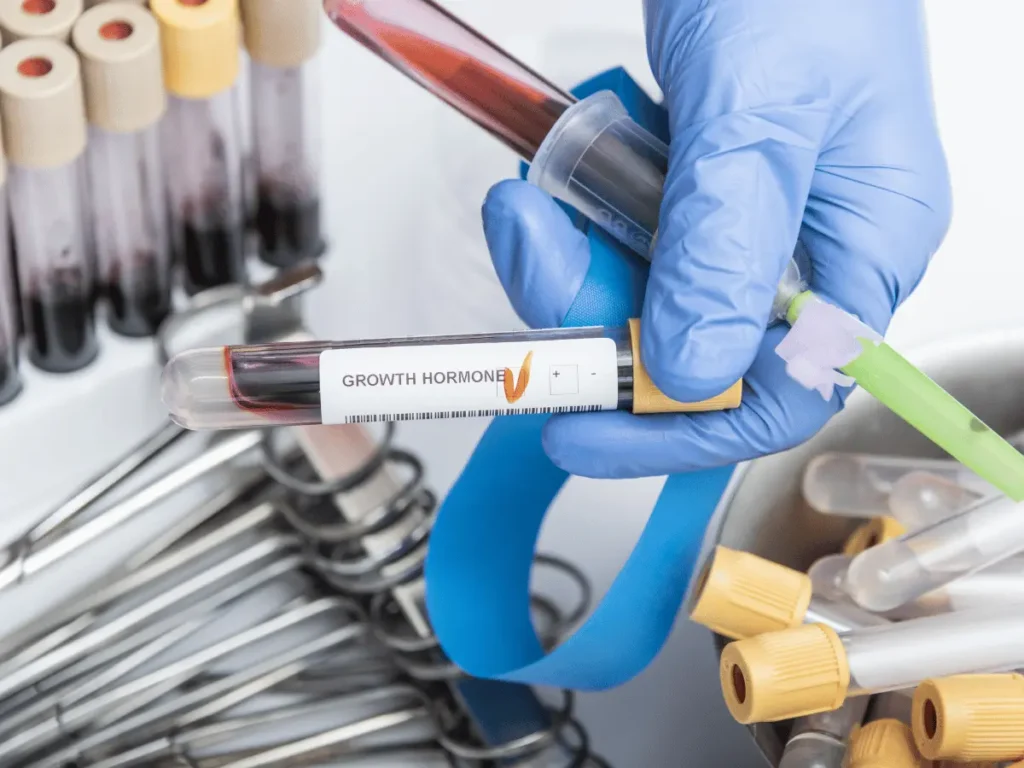
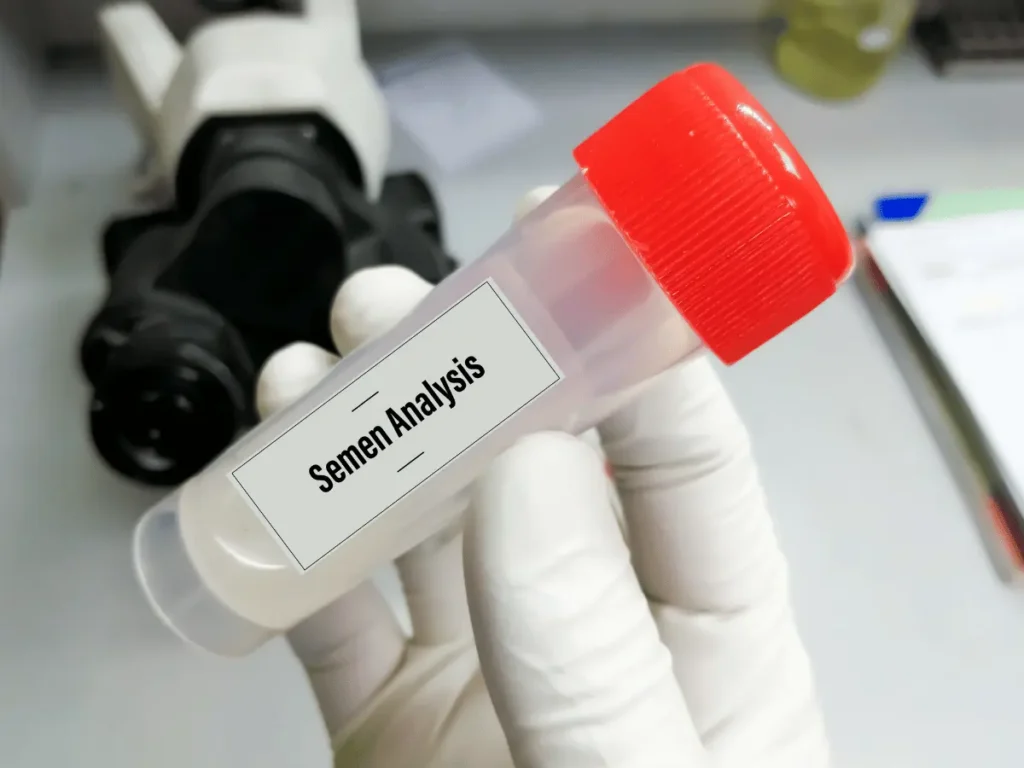
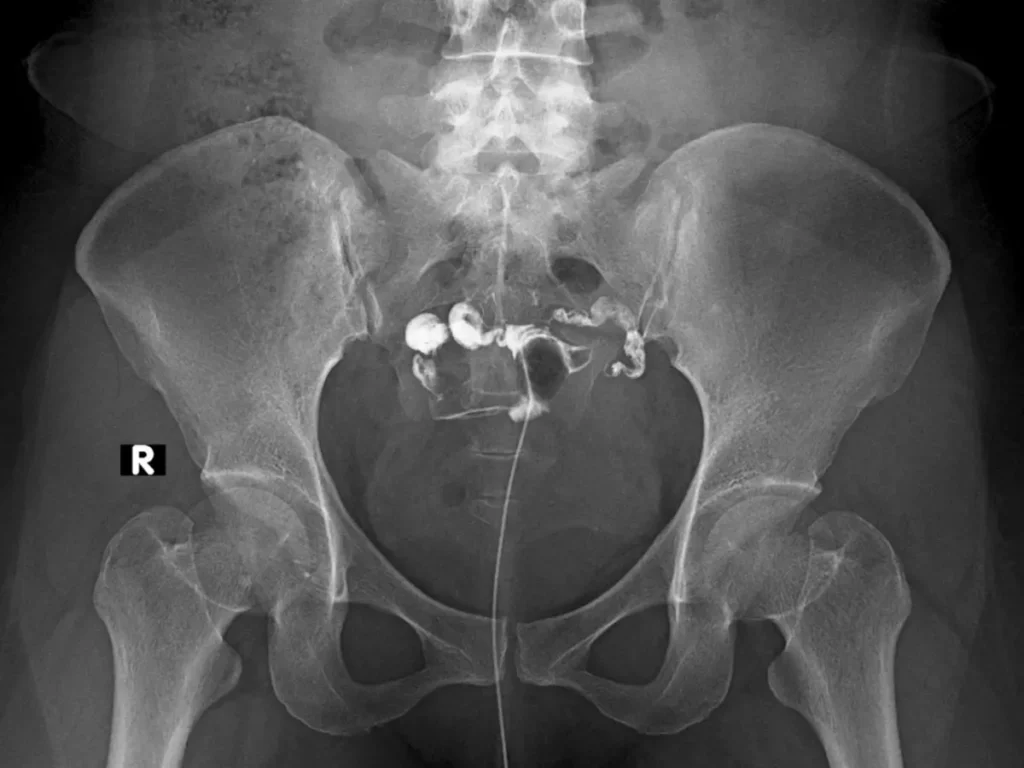
After reviewing your test results, your OB/GYN will discuss potential treatment options tailored to your specific needs. These may include lifestyle modifications, ovulation tracking, or advanced fertility treatments like IUI or IVF.
Essential Questions to Ask During Your Fertility Consultation
Asking the right questions during your consultation can significantly help you understand your options and set realistic expectations. To achieve this, consider asking the following:
General Questions
- What could be causing my fertility issues?
- What diagnostic tests will I need, and what do they involve?
- What lifestyle changes could improve my fertility?
Treatment-Related Questions
- What are my treatment options available?
- What are the success rates for the treatments you recommend for someone with my condition?
- What are the potential side effects of the recommended treatments?
- How long will the treatment process take, from start to potential pregnancy?
Cost-Related Questions
- How much does a fertility consultation cost?
- What are the costs of the recommended treatments, and does my insurance cover them?
Lifestyle and Support:
- Should I make any lifestyle changes to improve my chances of conception?
- Is there any emotional or psychological support available during the treatment process?
Next Steps:
- What are the next steps after today’s consultation?
- When should I schedule my follow-up appointment?
How Much Does a Fertility Consultation Cost?
The cost of a fertility consultation varies depending on your location, the specific tests required, and your insurance coverage. On average, you can expect to pay between $100 and $500. Nevertheless, some clinics might offer free consultations as part of a broader treatment package.
- United States: Initial consultations can range from $200 to $500. Comprehensive consultations with tests can go up to $1,500.
- United Kingdom: Prices for a consultation generally range from £200 to £350, with additional costs for tests.
- Canada: Consultation fees can range from CAD 250 to CAD 500, depending on the province and clinic.
- Australia: Consultations typically cost between AUD 250 to AUD 400.
- India: Fertility consultation fees are lower, ranging from INR 1,000 to INR 3,000, with tests adding to the overall cost.
- Pakistan: Fertility consultation fee typically cost between PKR 2,000 to 3,500, with additional costs for tests.
- Middle East (e.g., UAE): Consultation costs range from AED 500 to AED 1,000, with additional costs for advanced testing.
Factors Influencing Consultation Costs
- Location: Costs can be higher in urban areas.
- Clinic Reputation: Clinics with higher success rates may charge more.
- Insurance: Coverage can significantly reduce out-of-pocket expenses.
Ready to Start?
Taking the first step in your fertility journey is a crucial milestone. By preparing well and asking the right questions, you can approach your consultation with confidence, ready to take the next steps toward parenthood.
Schedule your first fertility appointment to day to empower your journey to parenthood.
This content is designed to guide you through the initial stages of fertility treatment, ensuring that you feel supported and informed every step of the way.
Frequently Asked Questions (FAQs)
At your first fertility appointment, you can expect a comprehensive review of your medical and reproductive history. The doctor may perform a physical exam, including an ultrasound, and discuss potential next steps, such as baseline tests or treatment options.
Consider asking about your diagnosis, the success rates of different treatment options, potential side effects, costs involved, and any lifestyle changes that could improve your chances of conception. A detailed list is given HERE.
To prepare, gather your medical and reproductive history, bring a list of questions, and ensure you have relevant insurance information. It’s also helpful to know your partner’s medical history if applicable.
The cost of a fertility consultation varies by country and clinic but generally ranges from $200 to $500. Factors such as location, clinic reputation, and the complexity of your case can influence the price.
Common baseline tests include blood work to check hormone levels, a transvaginal ultrasound to assess the uterus and ovaries, and sometimes additional tests like an HSG (hysterosalpingogram) to check for blocked fallopian tubes.


